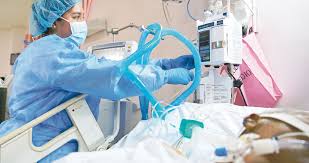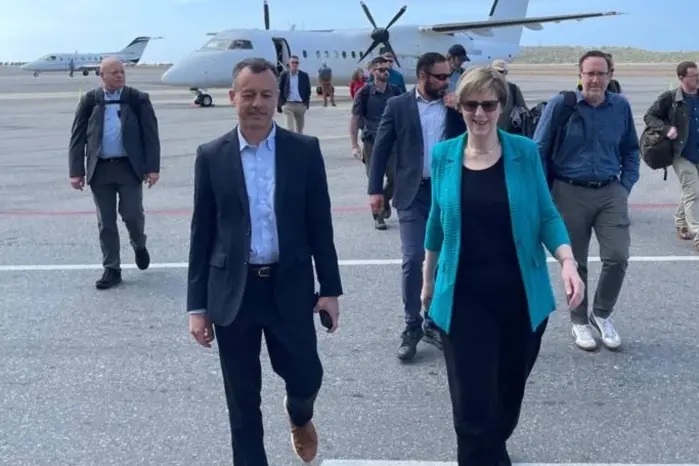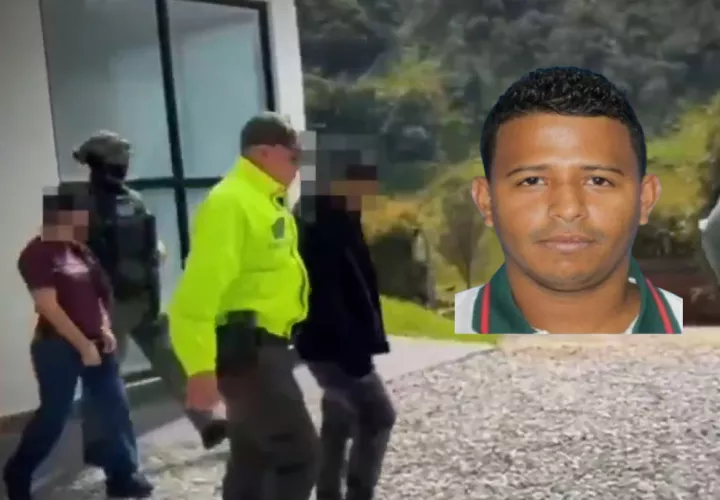Covid-19 conspiracy theories causing assaults, deaths

A BBC team tracking coronavirus misinformation across the world has found links to assaults, arsons, and deaths. And experts say the potential for indirect harm caused by rumors, conspiracy theories, and bad health information could be much bigger. The theorists are alive and well in Panama
“We thought the government was using it to distract us,” says Brian Lee Hitchens, “or it was to do with 5G. So we didn’t follow the rules or seek help sooner.”
Brian, 46 was talking by phone from his hospital bed in Florida. His wife was critically ill – sedated, on a ventilator in an adjacent ward.
“The battle that they’ve been having is with her lungs,” he said,. “They’re inflamed. Her body just is not responding.”
After reading online conspiracy theories, they thought the disease was a hoax – or, at the very least, no worse than flu. But then in early May, the couple caught Covid-19.
“And now I realise that coronavirus is definitely not fake,” he says, running out of breath. “It’s out there and it’s spreading.”
A BBC team has been tracking the human toll of coronavirus misinformation. Investigating dozens of cases speaking to the people affected and medical authorities in an attempt to verify the stories.
Online rumors led to mob attacks in India and mass poisonings in Iran. Telecommunications engineers have been threatened and attacked and phone masts have been set alight in the UK and other countries – all because of conspiracy theories.
In Phoenix Arizona, a couple mistakenly thought a bottle of fish tank cleaner contained preventative medicine.
Late March Wanda and Gary Lenius started hearing about hydroxychloroquine.
The couple noticed a similar-sounding ingredient on the label of an old bottle that was lying around their house.
Hydroxychloroquine may have the potential to fight the virus – but, it remains unproven. On Monday, the World Health Organisation halted its use in trials after a recent study suggested it could actually increase the risk of patients dying from Covid-19.
Then a French doctor claimed encouraging results. Although doubt was later cast on that study, interest in hydroxychloroquine surged. It was mentioned, by a variety of media outlets and influential people including Tesla chief executive Elon Musk and Brazilian President Jair Bolsonaro.
It also found its way into White House press briefings – and President Trump’s Twitter feed.





